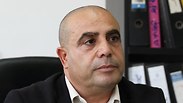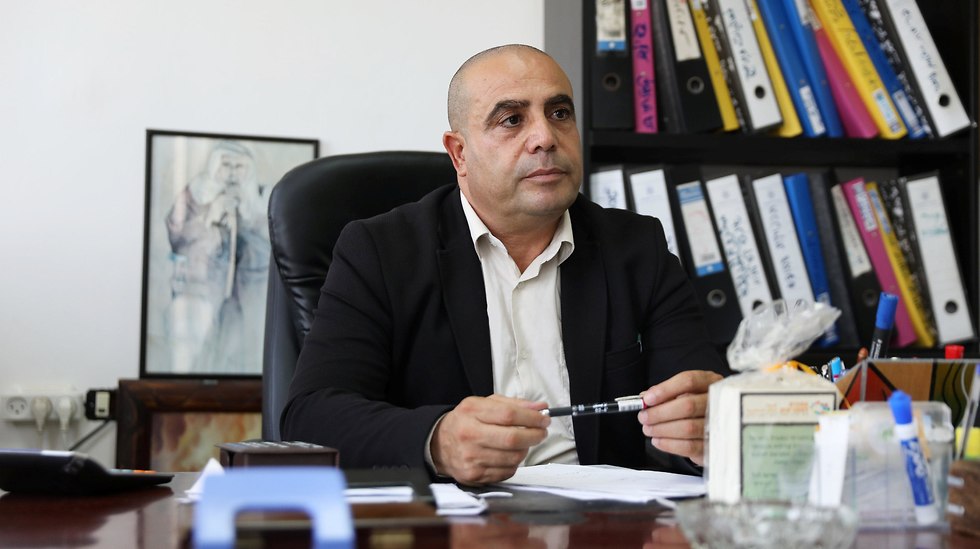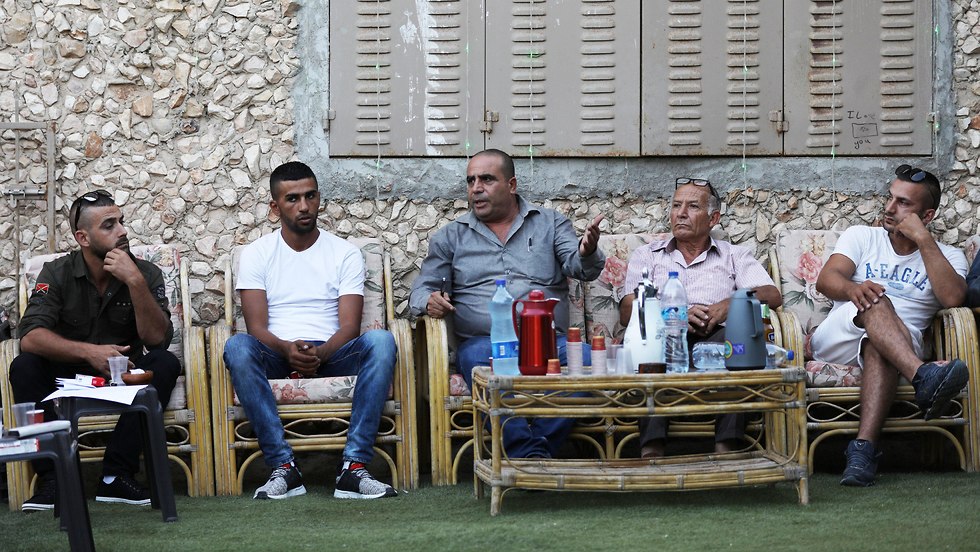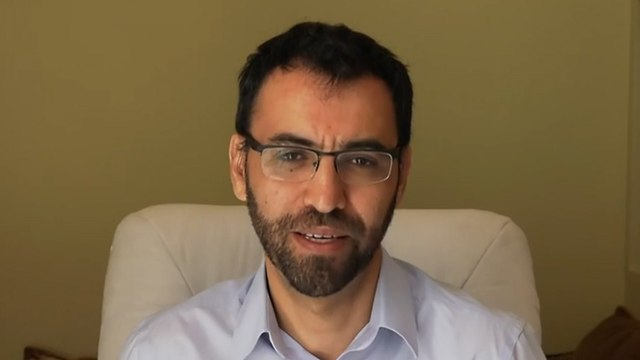
Jerusalem Palestinian eyes seat in city hall
Seeking equitable municipal services, Ramadan Dabash is running for a seat in Jerusalem city hall despite decades-long boycott by the city's sizable Palestinian population; 'receiving services is not normalization,' he argues.
A civil engineer from east Jerusalem is bucking a Palestinian boycott of Israeli politics by running for a seat in city hall with a campaign that demands equitable municipal services while side-stepping the long struggle over sovereignty.
A third of Jerusalem residents are Palestinians, in areas Israel captured in the 1967 Six-Day War and annexed as its capital, a move not recognized by much of the international community. They pay taxes and complain of neglect by Israeli authorities more attentive to western, Jewish districts.
The estrangement has been reinforced by a policy of non-participation in Jerusalem municipal politics ordered by the Palestinian Authority (PA), which exercises limited self-rule in the adjacent West Bank and wants east Jerusalem as capital of a hoped-for future Palestinian state.
Ramadan Dabash, 51, is as old as Israel's rule and, having witnessed diplomatic deadlocks—the last round of statehood negotiations collapsed in 2014—and spates of violence, is impatient for change. He talks in terms of pragmatic adaptation.
"East Jerusalemites suffer greatly from lack of services and representation in the municipality of Jerusalem," Dabash told Reuters in his district of Sur Baher, where unkempt streets and open piles of refuse are common sights.
"Some of the people claim this is 'normalization' or 'Israelization,' but that is not true," said Dabash, a political independent whose campaign has been condemned by the PA.
"Receiving services is not considered normalization. It is a continuity of the normal daily life we are living—we do not have any other alternative ... Rights are taken, not granted."
Dabash has pointedly eschewed a run for mayor in the October 30 municipal election—a feted Israeli public office that four Jewish candidates, one of them a cabinet ally of Prime Minister Benjamin Netanyahu, are closely contesting.
Another Palestinian, Aziz Abu Sarah, announced a mayoral campaign but quickly abandoned it last month after Arabic-shouting protesters pelted him with eggs outside city hall.
Dabash hopes to win as many as five seats on the 31-member city council. His "Jerusalem is My City" list has 13 Palestinian candidates as well as a Jewish Israeli adviser.
Success looks unlikely. A candidate needs 8,000 votes to become a council member. Municipal data show that the turnout in the last two elections among Jerusalem's voting-age Palestinians—who number around 220,000—has hovered around 3 percent, suggesting deep grassroots disaffection with Jerusalem politics.
Palestinian leaders strongly disapprove of Dabash's bid.
"These attempts have failed before, and will also fail this time, because our people in the city of Jerusalem will reject these outcasts who try to legitimize this occupation and the tools of this occupation," said Adnan Ghaith, the PA official in charge of the Jerusalem file.













